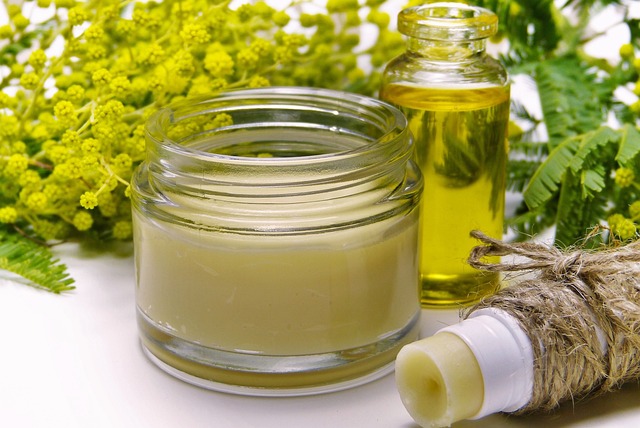The Role of Peptides in Anti-Aging Treatments
In recent years, the quest for youthful skin has led to significant advancements in skincare technology. Among these innovations, from mrpeptides.net have emerged as a promising component in anti-aging treatments. This article explores the science behind peptides, their benefits, and their application in skincare.
Understanding Peptides
Peptides are short chains of amino acids, which are the building blocks of proteins. In the human body, proteins play a critical role in maintaining skin structure and function. Collagen, a protein responsible for skin elasticity and firmness, is composed of long chains of amino acids. Peptides, being smaller, can penetrate the skin more easily and signal the body to produce more collagen.
Types of Peptides
- Signal Peptides: These peptides stimulate collagen production by sending signals to skin cells.
- Carrier Peptides: They deliver trace elements like copper to the skin, aiding in wound healing and collagen synthesis.
- Enzyme Inhibitor Peptides: These peptides slow down the breakdown of collagen, helping maintain skin firmness.
- Neurotransmitter Inhibitor Peptides: Often compared to Botox, they reduce facial muscle contraction, minimizing the appearance of wrinkles.
Benefits of Peptides in Skincare
Peptides offer a range of benefits that make them a valuable addition to anti-aging treatments. Their ability to boost collagen production is perhaps the most significant advantage, leading to firmer and more elastic skin. By enhancing the skin’s barrier function, peptides help retain moisture, resulting in a plumper appearance.
Another benefit is their role in reducing inflammation. Peptides can soothe irritated skin, making them suitable for sensitive skin types. They also promote skin repair and regeneration, which is beneficial for aging skin that may have been damaged by environmental factors.
Scientific Evidence Supporting Peptides
Numerous studies have demonstrated the efficacy of peptides in skincare. A study published in the “Journal of Cosmetic Dermatology” found that a peptide complex significantly improved skin elasticity and reduced wrinkles after 12 weeks of use. Another research article in “Dermatologic Therapy” highlighted the role of copper peptides in enhancing wound healing and collagen production.
Application of Peptides in Anti-Aging Treatments
Peptides are incorporated into various skincare products, including serums, creams, and masks. When selecting a peptide-based product, it’s important to consider the formulation and concentration of peptides. Products with a higher concentration of peptides are generally more effective.
Case Studies and Real-World Examples
Several skincare brands have successfully integrated peptides into their product lines. For instance, a well-known brand introduced a peptide serum that quickly became popular for its ability to reduce fine lines and improve skin texture. Users reported noticeable improvements in skin firmness and hydration within weeks of consistent use.
Another case study involved a clinical trial where participants used a peptide-infused cream. The results showed a significant reduction in wrinkle depth and an increase in skin smoothness, highlighting the potential of peptides in anti-aging treatments.
Considerations When Using Peptides
While peptides offer numerous benefits, it’s important to use them correctly to achieve the desired results. Consistency is key; regular application is necessary for peptides to work effectively. It’s also advisable to combine peptide products with other anti-aging ingredients like hyaluronic acid and antioxidants for enhanced results.
Patch testing is recommended before using a new peptide product, especially for individuals with sensitive skin. This helps prevent any adverse reactions and ensures compatibility with the skin.
Conclusion
Peptides have become a cornerstone in the field of anti-aging skincare, offering a scientifically-backed approach to achieving youthful and radiant skin. Their ability to stimulate collagen production, enhance skin barrier function, and reduce inflammation makes them a valuable addition to any skincare regimen. As research continues to uncover the potential of peptides, their role in anti-aging treatments is likely to expand, providing even more effective solutions for those seeking to maintain a youthful appearance.
